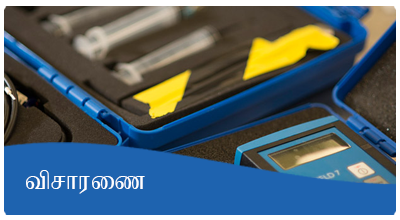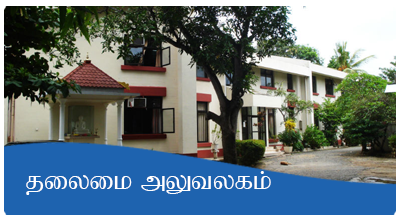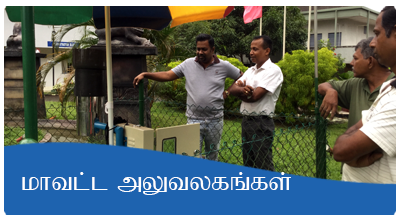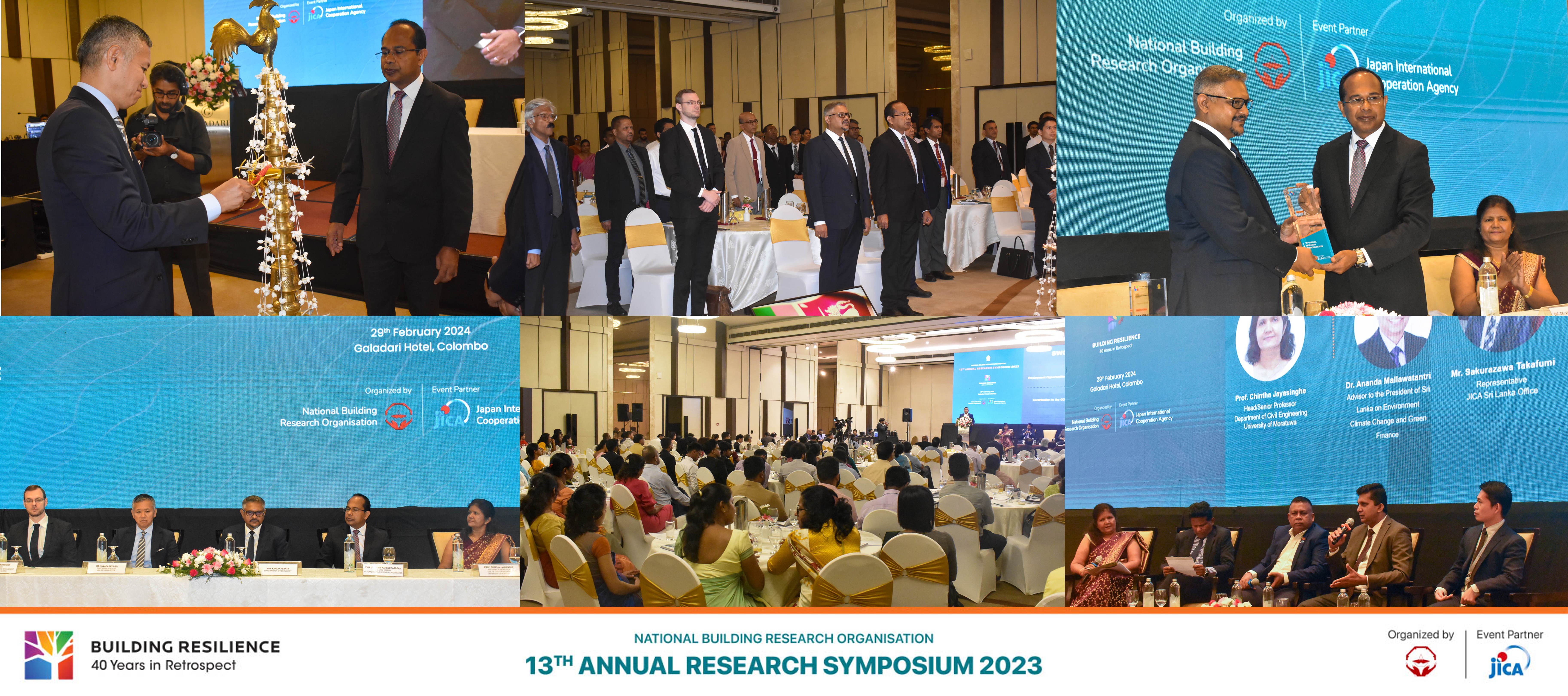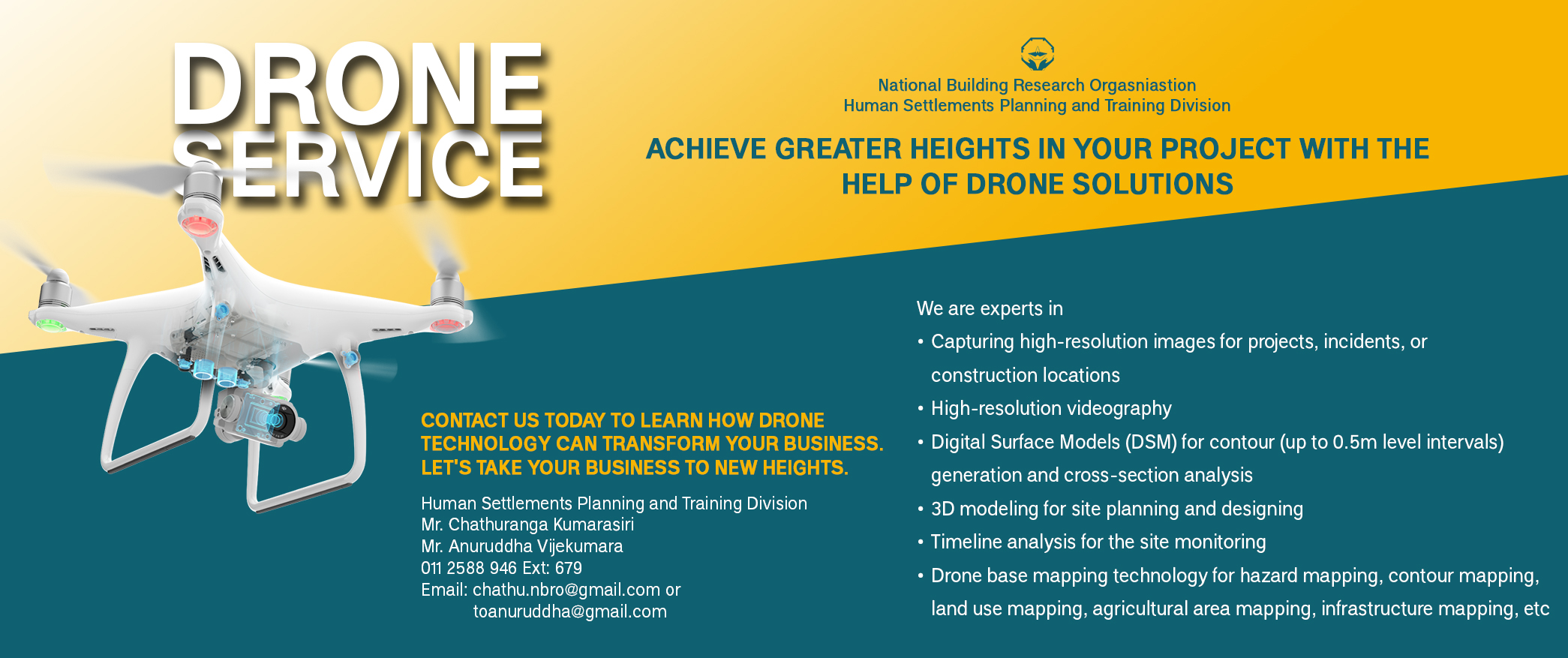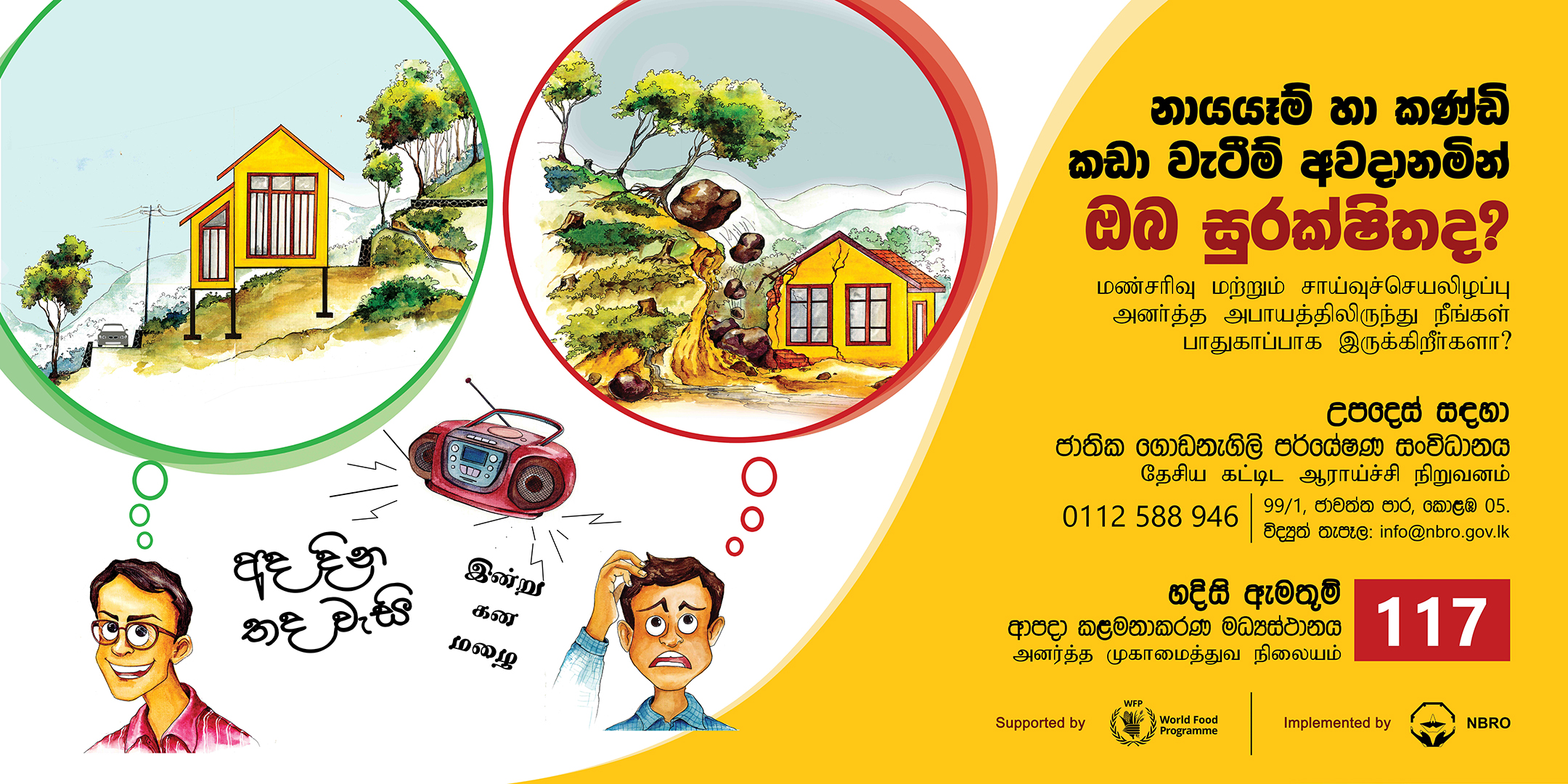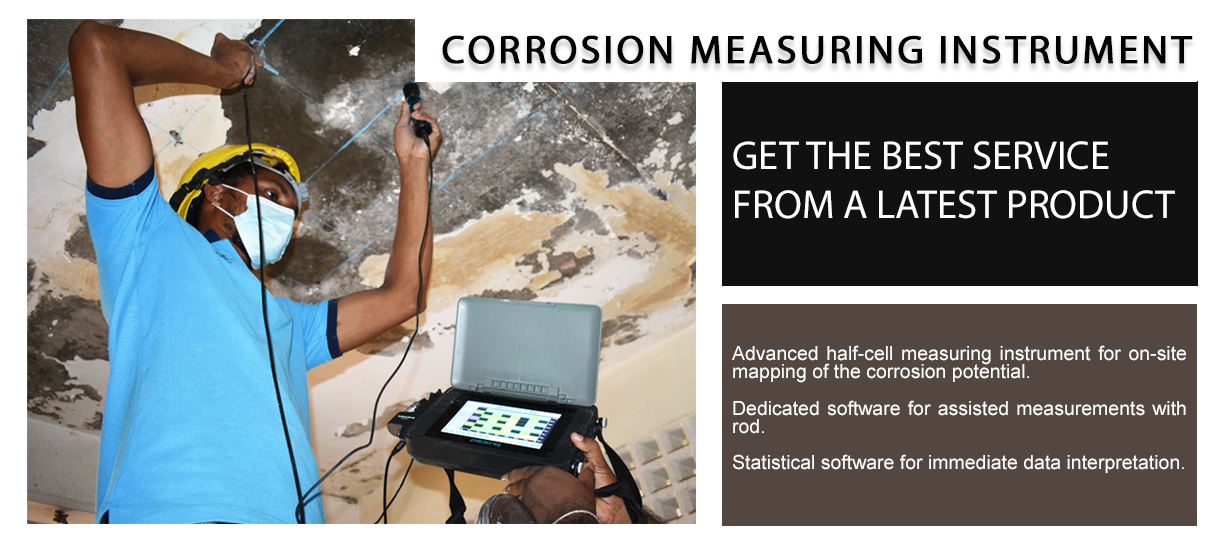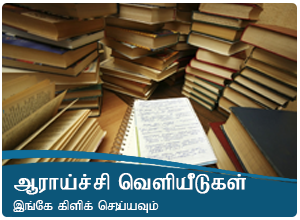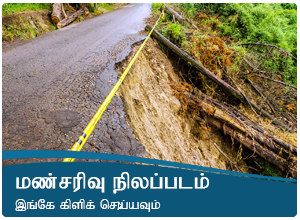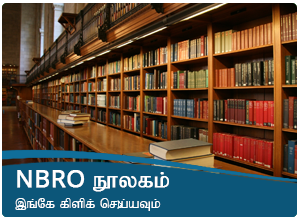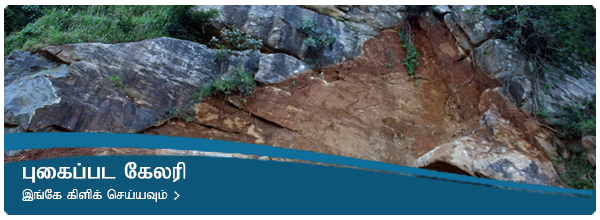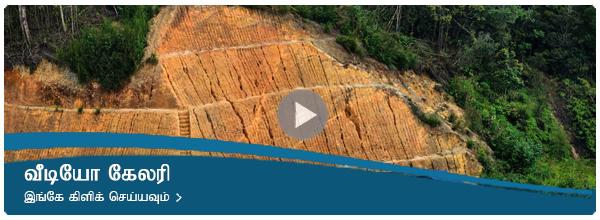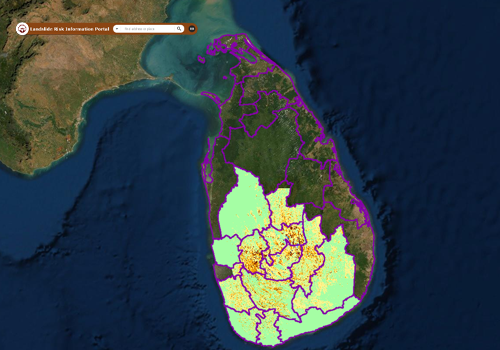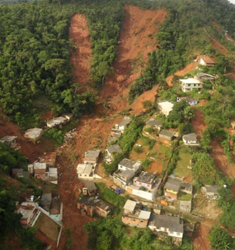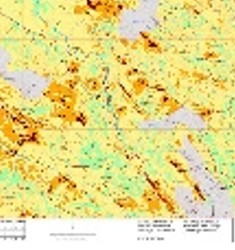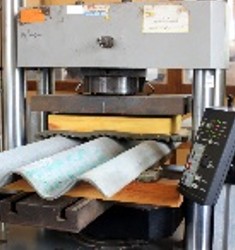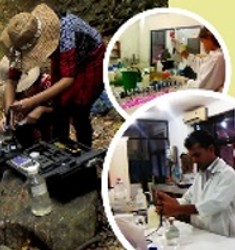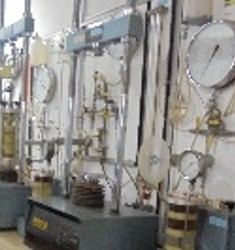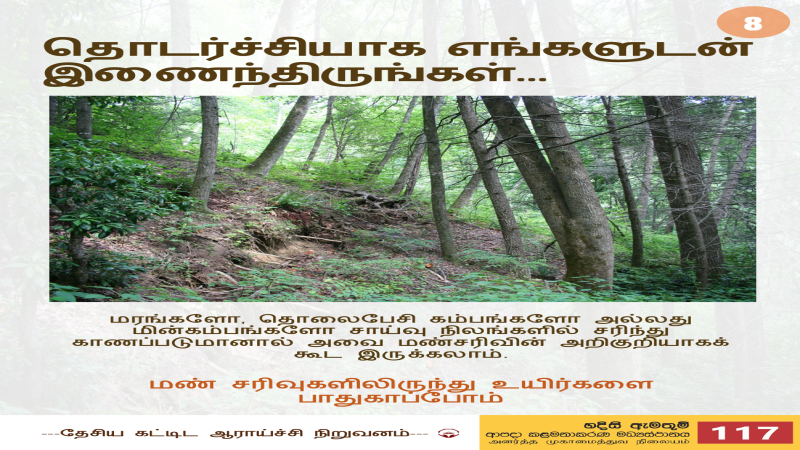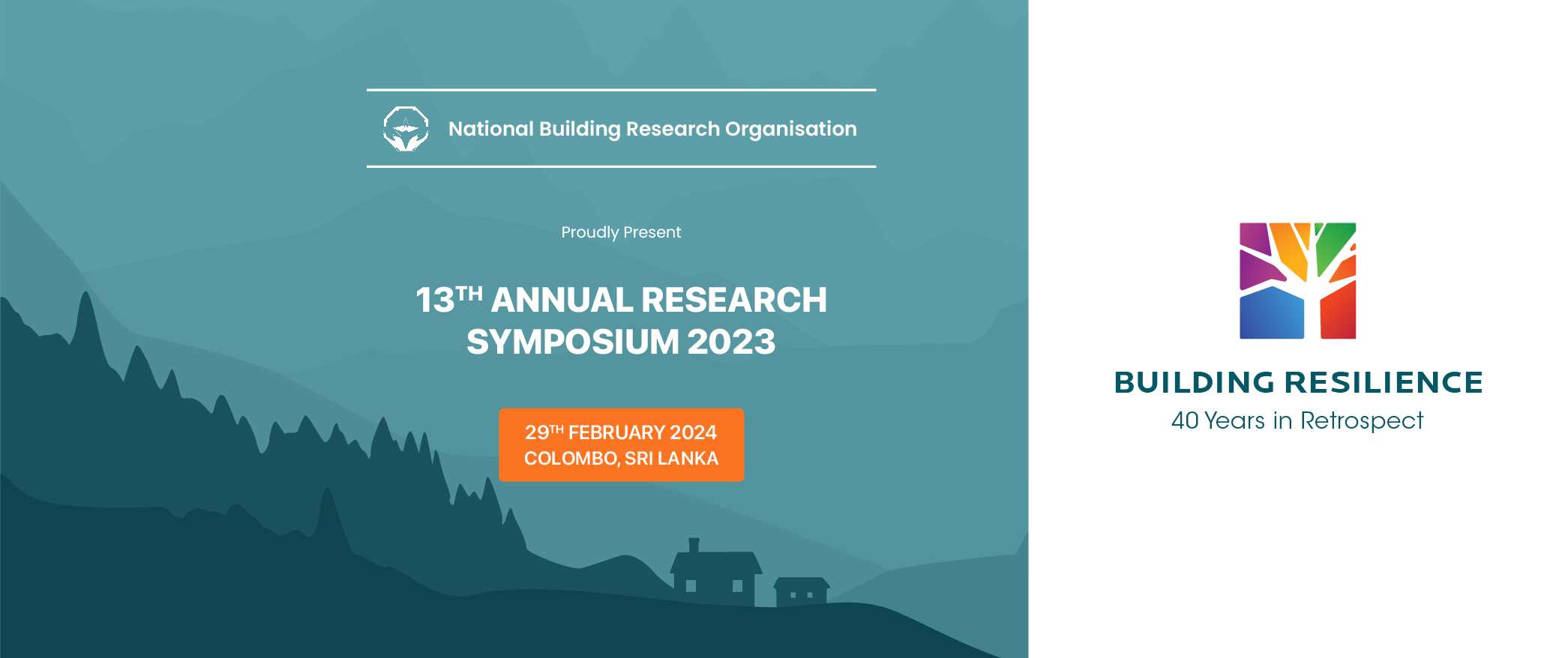Training on Community Based Disaster Risk Management
August 2017, Colombo, Sri Lanka: The National Building Research Organisation in collaboration with the Asian Disaster Preparedness Center (ADPC) conducted a training programme on Community Based Disaster Risk Management.
he four days residential training programme was held at the Bandarawela National Holiday Resort from 16th to 19th August 2017. NBRO scientist, officials of the Disaster Management Centre (DMC) and the officials of National Disaster Relief Services Centre (NDRSC) participated in the programme. It was designed to enhance the participants’ knowledge and practical ability to initiate community based landslide risk management interventions. It further helped them to understand tools and obtain knowledge on how to design and implement programs for reducing disaster risks and vulnerability and building community capacity to promote a culture of safety and self-reliance in dealing with disaster risk on their own.
The training comprised a series of lectures on; emerging concepts and terminologies in Disaster Risk Reduction, CBDRR features, elements, processes and outcomes, models, frameworks and approaches to CBDRR, hazards assessment, vulnerability and capacity assessment, action planning, risk prioritization, and sustainable livelihood through disaster resilience. Training programme was delivered using learning techniques with an emphasis on interactive lectures, group exercises and group brainstorming.
Practical exercise with the community in Mahawaththagama Grama Niladari Division of Hali-Ela Divisional Secretariat Division also conducted. At the end of the training, participants were able to practice community hazard mapping, vulnerability and capacity assessments, and identify community based interventions for landslide disaster risk reduction in Mahawaththagama Grama Niladari Division. Asian Disaster Preparedness Center played a vital role in conducting the training sessions of the programme and to equip the officials with theories and practical tools that can be applied in community work. The culmination of the training programme was the presentation of group work by the participants on how they would use the skills learned on disaster management when they return to their villages. The participants found the training modules extremely useful. Commenting on the training, Mr. Danushka Jayatilake, scientist from NBRO said ‘The training was interesting and provided opportunity to learn essential skills and knowledge to address disaster risk reduction challenges at the community level’. Mr. Ranjith Alahakoon, Disaster Relief Officer from the National Disaster Relief Service Centre in Badulla, stated ‘This training is very useful to initiate bottom-up approach for reducing disaster risks and vulnerability to disasters and involve them in defining problems, deciding solutions, implementing activities, and evaluating the results.
This training programme was organized by the National Building Research Organisation under the Landslide Risk Profile Development Project funded by the Government of Sri Lanka.
 |
 |
 |









